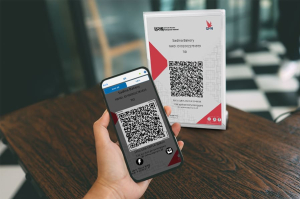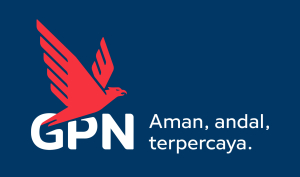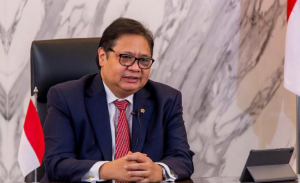Govt remains open to foreign operators despite U.S. criticism of QRIS system
Coordinating Minister for the Economy, Airlangga Hartarto, has emphasized that Indonesia remains open to foreign operators, despite the United States criticizing Indonesia's payment system policy, especially regarding the Quick Response Code Indonesia Standard (QRIS) and the National Payment Gateway (GPN).
The U.S. criticism came after President Donald Trump's decision to raise import tariffs on Indonesian products to 32 percent, which will take effect in July 2025.
The decision to raise the tariff is part of the U.S.'s efforts to improve bilateral trade imbalance. The previous base tariff of 10 percent will be increased to mitigate the trade deficit with Indonesia.
One of the main reasons cited by the U.S. for this tariff is concern over Indonesia's digital payment system, including QRIS and GPN, which is considered to hinder the operations of U.S. financial companies in Indonesia.
However, Airlangga emphasized that Indonesia will not limit the access of foreign companies, such as Visa and Mastercard, which are already operating in the Indonesian market.
"Regarding QRIS and GPN, Indonesia is open to foreign operators, including MasterCard and Visa," Airlangga told a virtual press conference on Friday, April 25, 2025.
He also ensured that there were no changes in the policies of the credit card sector and payment gateway sector in Indonesia.
"There are also no changes in the credit card sector. In the gateway sector, they [the U.S.] are open to participating in the front-end, even participating in the system. We will provide equal opportunities for them," he added.
QRIS, which allows payments using QR codes via smartphones, has shown rapid growth. The Indonesian Central Bank (BI) reported that QRIS transactions experienced a 169.1 percent annual increase in the first quarter of 2025.
Although the system is growing rapidly, the U.S. Trade Representative (USTR) criticized Indonesia for not providing sufficient information to international stakeholders regarding the new policies implemented, especially regarding QRIS.
Meanwhile, GPN functions to connect various domestic electronic payment systems, requiring domestic transactions to be processed through this system. Over the past few years, BI has issued a number of regulations requiring foreign companies to work with licensed GPN service providers if they want to process domestic retail transactions.
In addition, BI also requires approval for partnership agreements, which focus on supporting the development of domestic industries, including through technology transfer.
USTR highlighted the rule that requires government credit cards to be processed through the NPG, which is feared to limit access for U.S. payment companies. Responding to this, Airlangga ensured that Indonesia is committed to maintaining market openness, while still paying attention to the development of the domestic payment sector.
Indonesia is currently in the midst of trade negotiations with the U.S., which demands a revision of payment policies. Meanwhile, Indonesia is trying to ensure that the domestic payment system continues to develop without sacrificing access for foreign companies.
The government hopes to find a mutually beneficial solution in dealing with import tariff tensions and payment system issues that are now the main focus of trade relations between the two countries.
As the largest economy in Southeast Asia, Indonesia faces a dilemma in protecting its rapidly growing domestic market, while maintaining good relations with its trading partners, especially the United States.
Already have an account? Sign In
-
Start reading
Freemium
-
Monthly Subscription
20% OFF$29.75
$37.19/MonthCancel anytime
This offer is open to all new subscribers!
Subscribe now -
Yearly Subscription
33% OFF$228.13
$340.5/YearCancel anytime
This offer is open to all new subscribers!
Subscribe now







